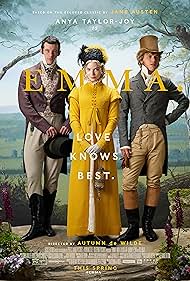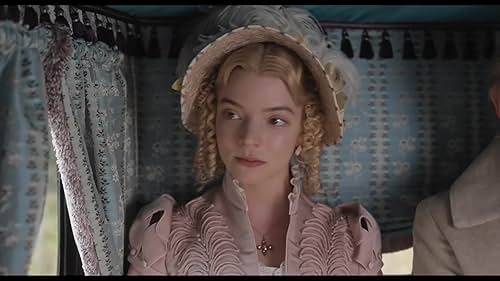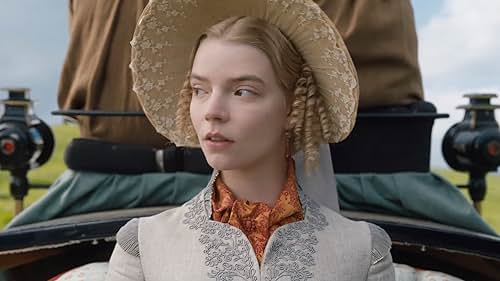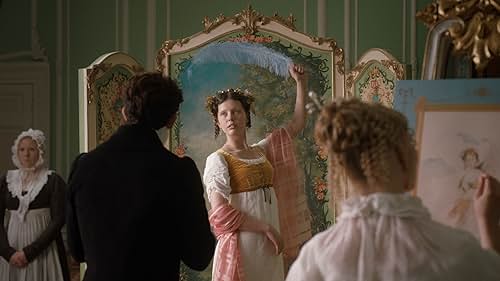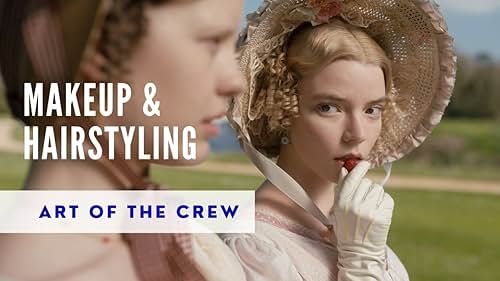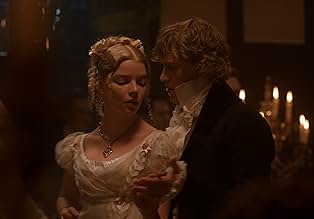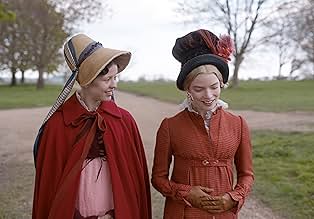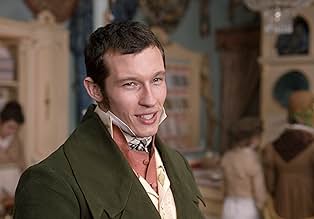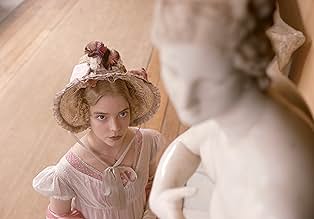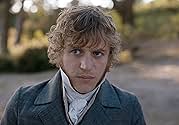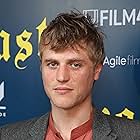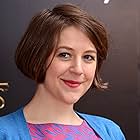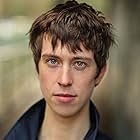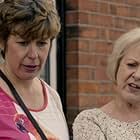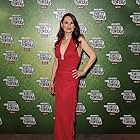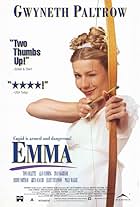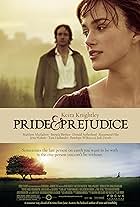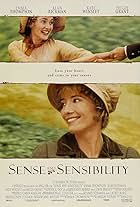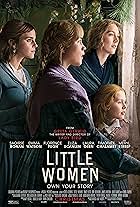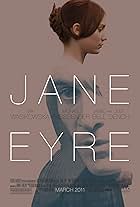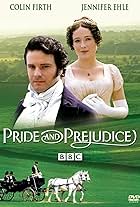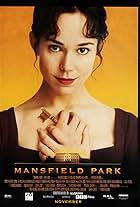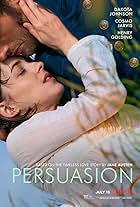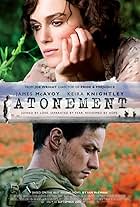In 1800s England, a well meaning but selfish young woman meddles in the love lives of her friends.In 1800s England, a well meaning but selfish young woman meddles in the love lives of her friends.In 1800s England, a well meaning but selfish young woman meddles in the love lives of her friends.
- Nominated for 2 Oscars
- 11 wins & 61 nominations total
- Director
- Writers
- All cast & crew
- Production, box office & more at IMDbPro
Storyline
Did you know
- TriviaAll of the music performances in the film are real, played by the actors in character. None is staged.
- GoofsThe Sequence subtitled Winter begins with a carriage drawing up in front of a large tree in full leaf.
- Quotes
Mr. Elton: Dearly beloved friends, we gather here, in the sight of God, to join together this man, and this woman, in holy matrimony, an honorable estate, instituted by God, in this time of man's great in-no-cence...
Mr. Woodhouse: In-no-cence? Innocence, no?
- Crazy creditsThe film's title has a period at the end, meant to signify the movie as a "period piece" set in the original era.
Featured review
This recent film rendition of Jane Austen's Emma (curiously here called "Emma." With a period) enjoyably carries the opulence of the 19th century landed gentry with a modernist modicum of biting satire. This vintage Austen is critical of the heavy-handed social manipulations toward marriage while it exudes Austen's own marriage to the time. As Virginia Woolf said, Austen "had no wish for things to be other than they are."
Slyly played by Anya Taylor-Joy, Emma's major duty in life seems to be placing her loved ones in the right marriage, occasionally delighting in a working-class connection. To her credit she seems to value love even above wealth, though her being poor herself is never an option as long as her wispy father (Bill Nighy) is responsible for her welfare: "Never could I expect to be so truly beloved and important; so always first and always right in any man's eyes as I am in my father's." (Emma)
Taylor-Joy brings a sly smile to most interchanges, as if it were Austen herself enjoying the charades and deceptions that she knows her story will set right as she sets right the appropriate human connections. The audience is always in the know as young director Autumn de Wilde gives the feel of Austen's signature style, Free Indirect Speech (FIS), a form of third-person narration which goes gently in and out of a character's mind.
More importantly, the mansion and its grounds are about as lush and painterly as ever has been shown on a period piece, and the costumes are beyond breathtaking. If you are put off by the high rhetorical style, your eye will be fully satisfied with a sumptuousness rarely seen in cinema.
When all is said, however, its live that defines this kind of romance. Johnny Flynn as George Knightly, Emma's close buddy and potential suitor, is real enough in a Steve-McQueen way to bring that modernist cadence to the stiff upper-crust motif. He and Taylor-Joy are well matched, youthful, beautiful, and hip.
De Wilde and writer Eleanor Catton have done Austen well, carrying the aura of 19th century upper-class reserve into our cynical times, attractive enough to make us think that love can be organized and life made simple. The women in Emma., even when foolish, are worthy of affection:
"Men of sense, whatever you may choose to say, do not want silly wives." Mr. Knightly
Slyly played by Anya Taylor-Joy, Emma's major duty in life seems to be placing her loved ones in the right marriage, occasionally delighting in a working-class connection. To her credit she seems to value love even above wealth, though her being poor herself is never an option as long as her wispy father (Bill Nighy) is responsible for her welfare: "Never could I expect to be so truly beloved and important; so always first and always right in any man's eyes as I am in my father's." (Emma)
Taylor-Joy brings a sly smile to most interchanges, as if it were Austen herself enjoying the charades and deceptions that she knows her story will set right as she sets right the appropriate human connections. The audience is always in the know as young director Autumn de Wilde gives the feel of Austen's signature style, Free Indirect Speech (FIS), a form of third-person narration which goes gently in and out of a character's mind.
More importantly, the mansion and its grounds are about as lush and painterly as ever has been shown on a period piece, and the costumes are beyond breathtaking. If you are put off by the high rhetorical style, your eye will be fully satisfied with a sumptuousness rarely seen in cinema.
When all is said, however, its live that defines this kind of romance. Johnny Flynn as George Knightly, Emma's close buddy and potential suitor, is real enough in a Steve-McQueen way to bring that modernist cadence to the stiff upper-crust motif. He and Taylor-Joy are well matched, youthful, beautiful, and hip.
De Wilde and writer Eleanor Catton have done Austen well, carrying the aura of 19th century upper-class reserve into our cynical times, attractive enough to make us think that love can be organized and life made simple. The women in Emma., even when foolish, are worthy of affection:
"Men of sense, whatever you may choose to say, do not want silly wives." Mr. Knightly
- JohnDeSando
- Feb 25, 2020
- Permalink
- How long is Emma.?Powered by Alexa
Details
- Release date
- Countries of origin
- Official sites
- Language
- Also known as
- Emma
- Filming locations
- Lower Slaughter, Cheltenham, England, UK(Hartfield village)
- Production companies
- See more company credits at IMDbPro
Box office
- Budget
- $10,000,000 (estimated)
- Gross US & Canada
- $10,055,355
- Opening weekend US & Canada
- $234,482
- Feb 23, 2020
- Gross worldwide
- $25,932,444
- Runtime2 hours 4 minutes
- Color
- Sound mix
- Aspect ratio
- 1.85 : 1
Contribute to this page
Suggest an edit or add missing content

